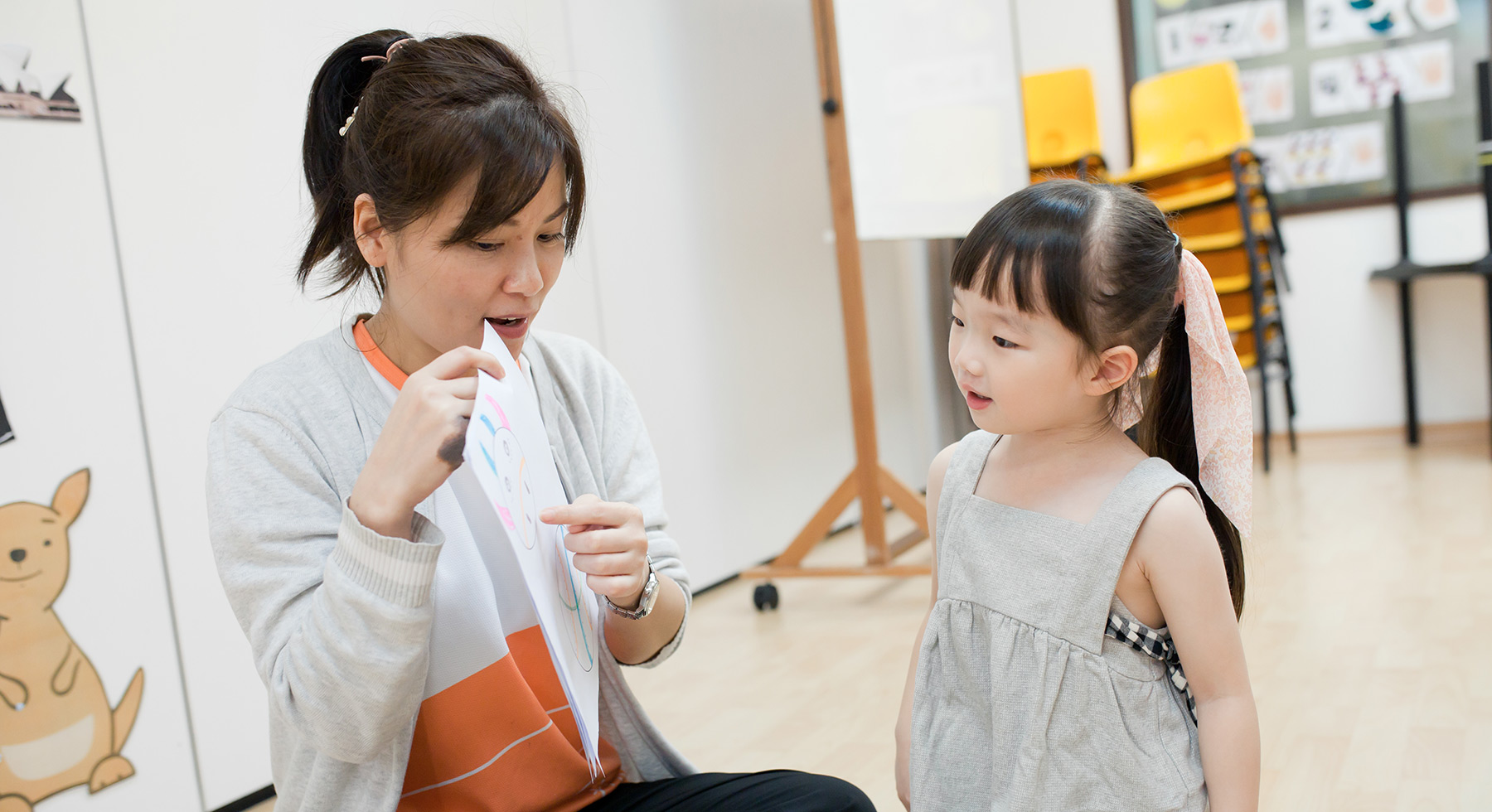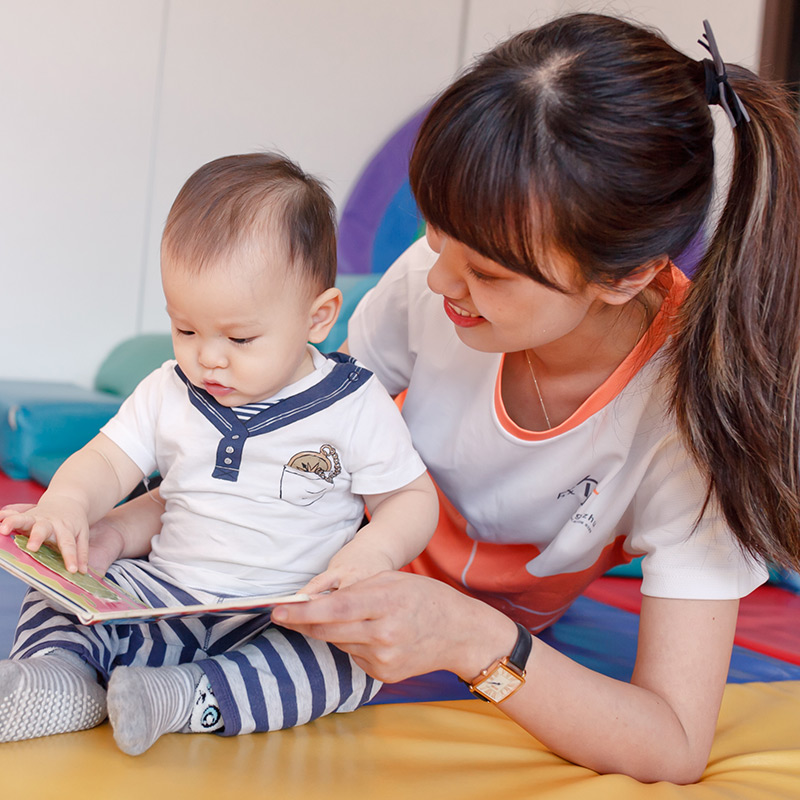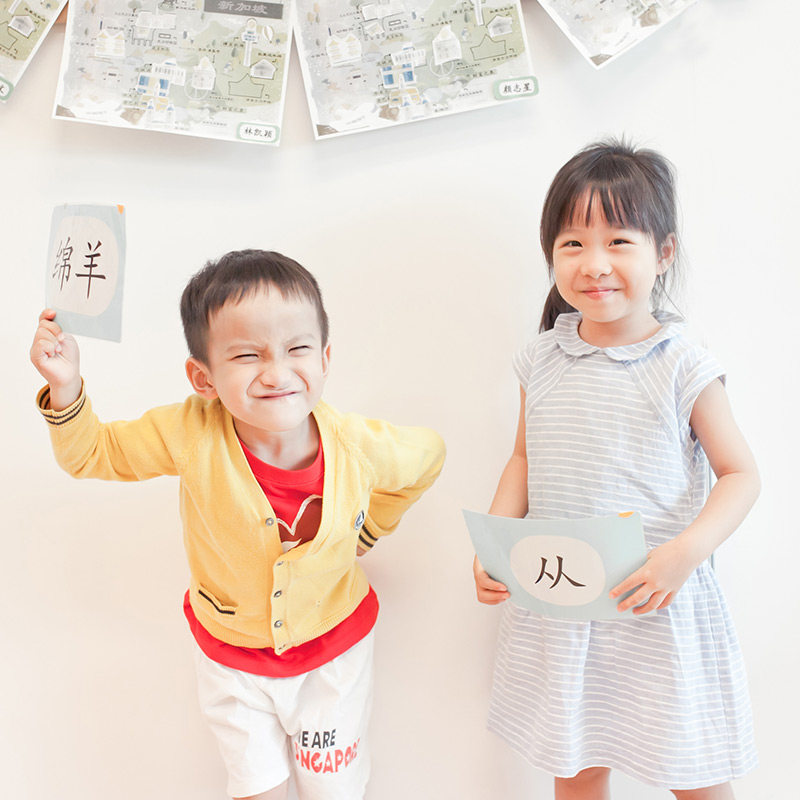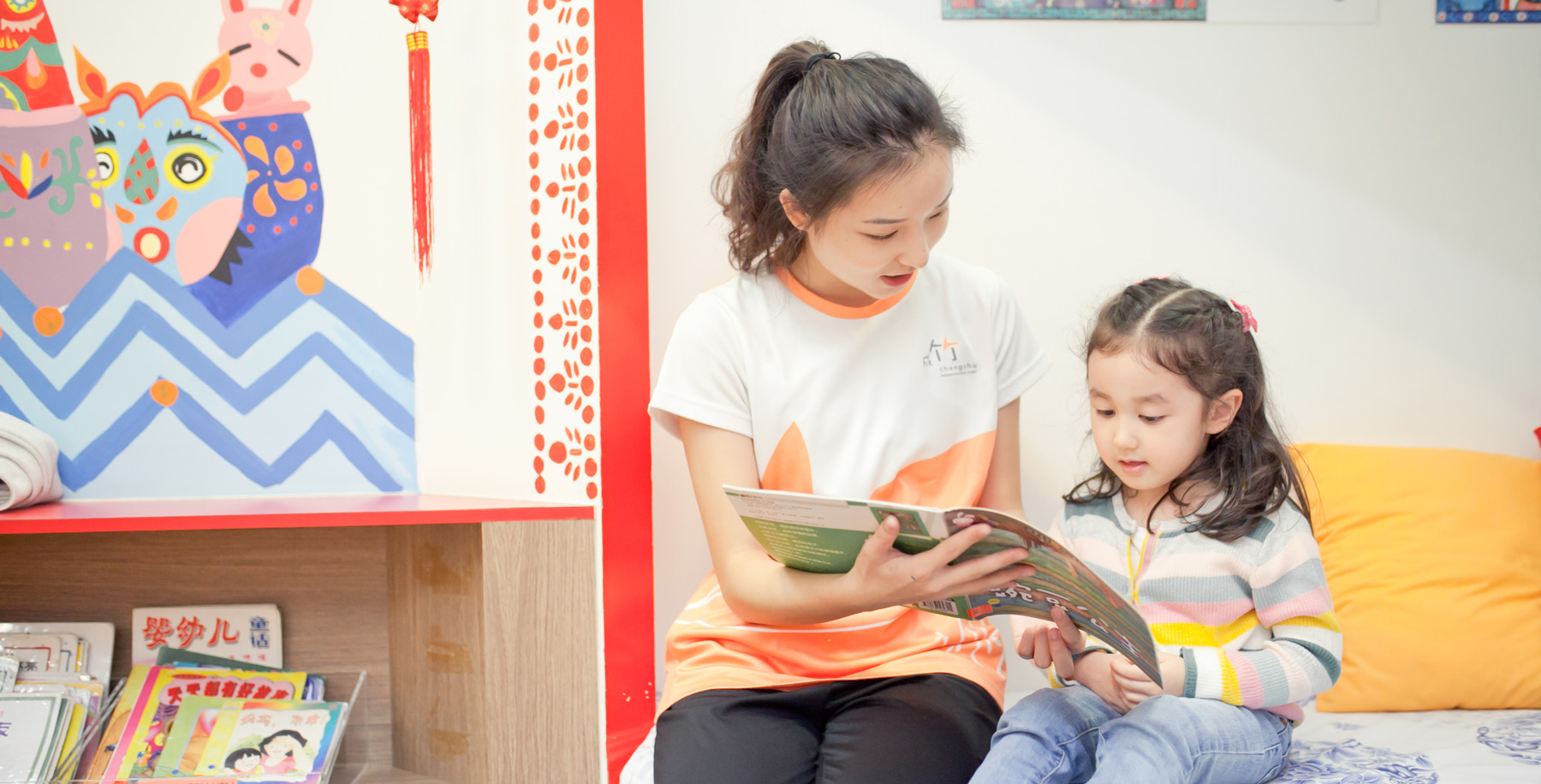My 9-year-old son started his journey with Chengzhu at the age of 5, when we enrolled him in the Chengzhu holiday programme. As we are an English-speaking family, we were delightfully surprised to hear our son independently read a simple Chinese storybook, for the very first time, after attending the 5-day holiday programme. Since then, we enrolled him in the Language Skills programme and have seen remarkable progress – his vocabulary has expanded significantly, his ability to comprehend, write and speak the language has also improved tremendously.
We are truly grateful to the dedicated teachers, who exhibit genuine care and concern for each child, fostering a sense of trust and confidence between teacher, parent and student. The teachers create an atmosphere of encouragement and enthusiasm, which motivates the children to actively participate in class. The lessons are thoughtfully designed to incorporate various learning tools, such as games, drama and interactive exercises, to reinforce learning of the Chinese language.
The dedication, expertise, and passion of the teachers, combined with the well-designed curriculum and nurturing environment, have undoubtedly contributed to my son’s outstanding progress and top scores in primary school weighted assessments.
– Mrs Goh | Parent of Lionel Goh Changrui, Primary 3




